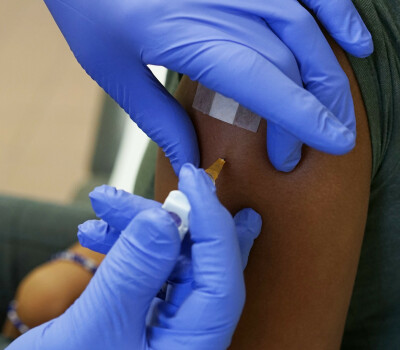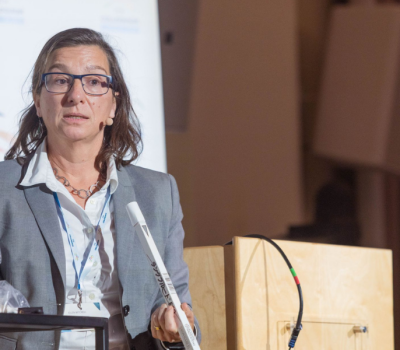Expanding urbanisation threat to maternal care in Africa

In many African countries, the number of children being born in health facilities is increasing, but without corresponding improvements in quality of care. The result is that more maternal deaths are attributable to poor quality of care than to the lack of access to care. Researchers from the Institute of Tropical Medicine (ITM) in Antwerp examined how nearly 20,000 women from 22 large African cities used maternal care. Cotonou and Accra showed best results, compared to Nairobi and Ndjamena which scored poorly.
By 2050, two-thirds of the world’s population will live in urban areas. The scale and speed of urbanisation poses a challenge to healthcare provision, including those for mothers and their newborns. With the current pace, the world is off-track to reduce the global maternal mortality ratio by 2030. If we want to improve maternal survival and wellbeing, we need to address critical gaps in maternal healthcare in rapidly urbanising contexts and extract lessons learned. Therefore, researchers from ITM and co-authors from nine of the cities have, for the first time, categorised some of the largest cities in Africa in terms of maternal health service use and care content.
They used standard surveys collected in dozens of countries to look at 17 different elements of maternal care spanning from pregnancy through childbirth and to the postnatal period. The surveys included elements looking at the accessibility and use of care, such as whether women received care during pregnancy and gave birth in a health facility, but also what happened during these interactions. For example, was their blood pressure measured or were they checked by a health provider after birth?
"I was surprised to see how my country, Guinea, is lagging behind in terms of performance. On the one hand, epidemics like Ebola, COVID-19 and measles have played a role. On the other hand, we have invested so much in the health system that I was expecting better figures. Given the ongoing rapid urbanisation, we need to continue to invest in maternity care. For example, together with our colleagues from ITM and as part of the capacity building programme with Directorate-general Development Cooperation and Humanitarian Aid (DGD), we are working to reduce maternal and neonatal morbidity and mortality,” says Dr Alexandre Delamou, Associate Professor of Public Health, Director of Africa Centre of Excellence for Prevention and Control of Transmissible Diseases (CEA-PCMT) at the University Gamal Abdel Nasser of Conakry, Guinea.
Remarkable differences across cities
The results showed there are some cities which achieved good performance, like Cotonou in Benin and Accra in Ghana. Here, most women were able to access health care facilities and reported receiving timely care. These cities were also relatively successful in bridging the three services of maternal care. Most cities, however, showed inconsistent levels – women use pregnancy care but might not receive all important interventions, or give birth in health facilities but are discharged too soon to be monitored properly for any postpartum complications.
Dr Banke-Thomas, Senior Lecturer in Public Health at the University of Greenwich and one of the co-authors of the paper says: ”This first-of-its-kind analysis provides very useful evidence for moving cities forward. Its comparative approach sets model cities which we can now further query to learn best practices and test approaches for restructuring health systems.” Banke-Thomas has been studying maternal health in Lagos, Nigeria for many years. He adds that the city has always been known to have a significant proportion of childbirth taking place in the private sector. “This study shows that Lagos is an outlier within large cities in this regard.” This is in contrast to Kampala, where a large number of women give birth in public health facilities. Catherine Birabwa is a PhD student at ITM researching maternal health in Kampala. She says that the Ugandan government is taking a proactive focus on urban maternal health to reduce disease burden. “Kampala scores well in terms of coverage and content of childbirth and postnatal care, while coverage and content of pregnancy care was poor. These findings can help the city improve its efforts. The results also contribute to upcoming research on the organisations and delivery of institutional maternal health care.”
Read the full study in BMJ Global Health.
Spread the word! Share this story on









